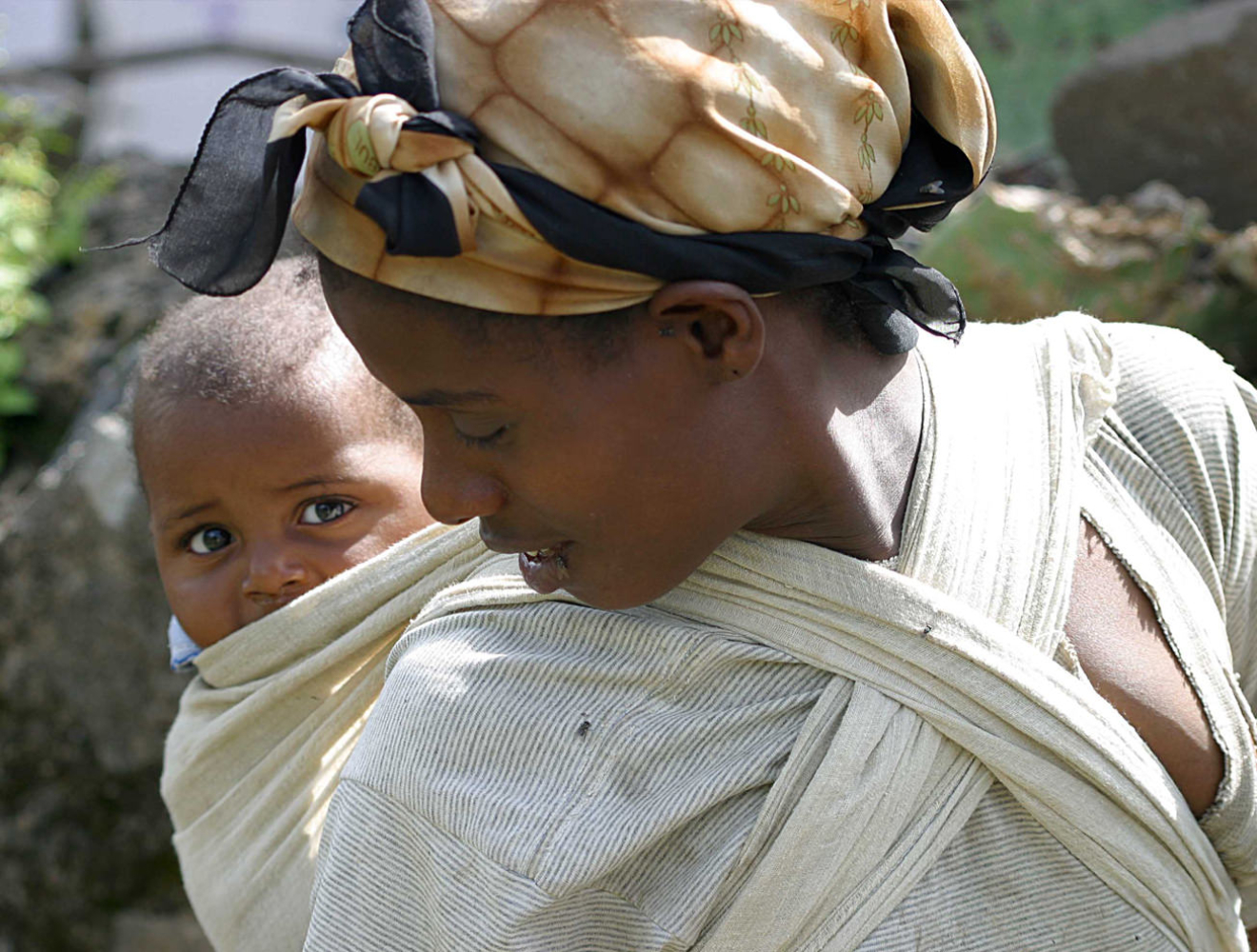AMAC
The Gambia
 Welcome to the African Migration Advisory Center (AMAC). AMAC is dedicated to transforming migration challenges into opportunities, focusing on the complexities surrounding migration in Africa, particularly in The Gambia.
Welcome to the African Migration Advisory Center (AMAC). AMAC is dedicated to transforming migration challenges into opportunities, focusing on the complexities surrounding migration in Africa, particularly in The Gambia.
A Vision Rooted in Global Principles
AMAC's initiatives are guided by the Resolution on Missing Migrants and Refugees in Africa, adopted by the African Commission on Human and Peoples' Rights (ACHPR). This resolution emphasizes the need for:
Protection of the dignity and rights of migrants and refugees.
Support for families in tracing missing loved ones.
Enhanced cooperation between nations to tackle migration challenges.
Establishment of mechanisms for recovering and identifying remains of missing migrants.
By aligning its mission with this resolution, AMAC strives to ensure that migration is safe, dignified, and humane.
Introduction Meet Adrian Corish
Adrian Corish has spent over 17 years in The Gambia. He is married with five children. His work in the migration sector has been based on his own philanthropy and vision, where he has witnessed the challenges of backway migration. His experiences led him to establish AMAC, which aims to provide dignity, hope, and solutions for Gambians facing migration related issues.
Why AMAC Was Founded
AMAC was established to address significant gaps in support for Gambian returnees and their families. Its founding objectives include
Filling voids in reintegration programs for returnees.
Offering holistic support to migrants and their families.
Advocating for humane migration policies and raising awareness about safe migration pathways.
Our Mission and Vision
Mission Empower Gambian migrants, returnees, and their families through holistic support that includes reintegration services, vocational training, and mental health care.
Vision Transform migration challenges into opportunities by fostering sustainable development, empowering youth, and collaborating with international partners such as the EU and IOM.
What Makes Us Different ?
AMAC distinguishes itself through innovative programs such as:
Gambian Migration, Reintegration, and Transition Authority (GMReTA) A comprehensive agency managing holistic reintegration.
Missing Migrants DNA Database Helpline Supporting families seeking closure regarding missing loved ones.
Safe Labor Pathways Initiative Training Gambian youth to meet European labor demands.
Educational Tools Interactive materials educating children about migration realities.
Schools’ Migration Program: A curriculum designed to teach children about safe migration practices.
Our Solutions Programs and Initiatives
Schools’ Migration Program Educates children about the reasons behind migration, safe versus irregular migration, and real-life risks associated with backway migration.
Gambian Migration, Reintegration, and Transition Authority (GMReTA) Provides essential services including psychosocial counseling, medical care, and vocational training.
Missing Migrants DNA Database Helpline: Assists families searching for missing loved ones through recovery efforts and legal assistance.
Safe Labor Pathways Initiative: Addresses labor shortages in Europe while creating job opportunities for Gambians through training programs aligned with EU standards.
Public Awareness and Advocacy Integrates schools teaching program on migration into the Gambian curriculum using interactive tools.
Our Impact
AMAC's initiatives have led to
Thousands of youth successfully reintegrated into their communities.
Emotional support provided to families of missing migrants.
Strengthened partnerships with EU countries to enhance migration management.
An educated generation equipped with knowledge about safe migration practices.
How You Can Support
Engagement with AMAC can take various forms
Explore our programs Share our vision to bring hope to Gambian families.
Partner with us Collaborate on expanding our initiatives.
Donate Contributions help support grieving families, train youth for jobs, and build a sustainable future for returnees.
AMAC
Proposal
AMAC works with families, communities, deportees and illegal migrants to provide the holistic support they need to safely re-integrate into their communities. We also take several preventative measure to stop disillusioned youths from making the backway journey to Europe such as our Outreach Sensitization Programme……..READ MORE



